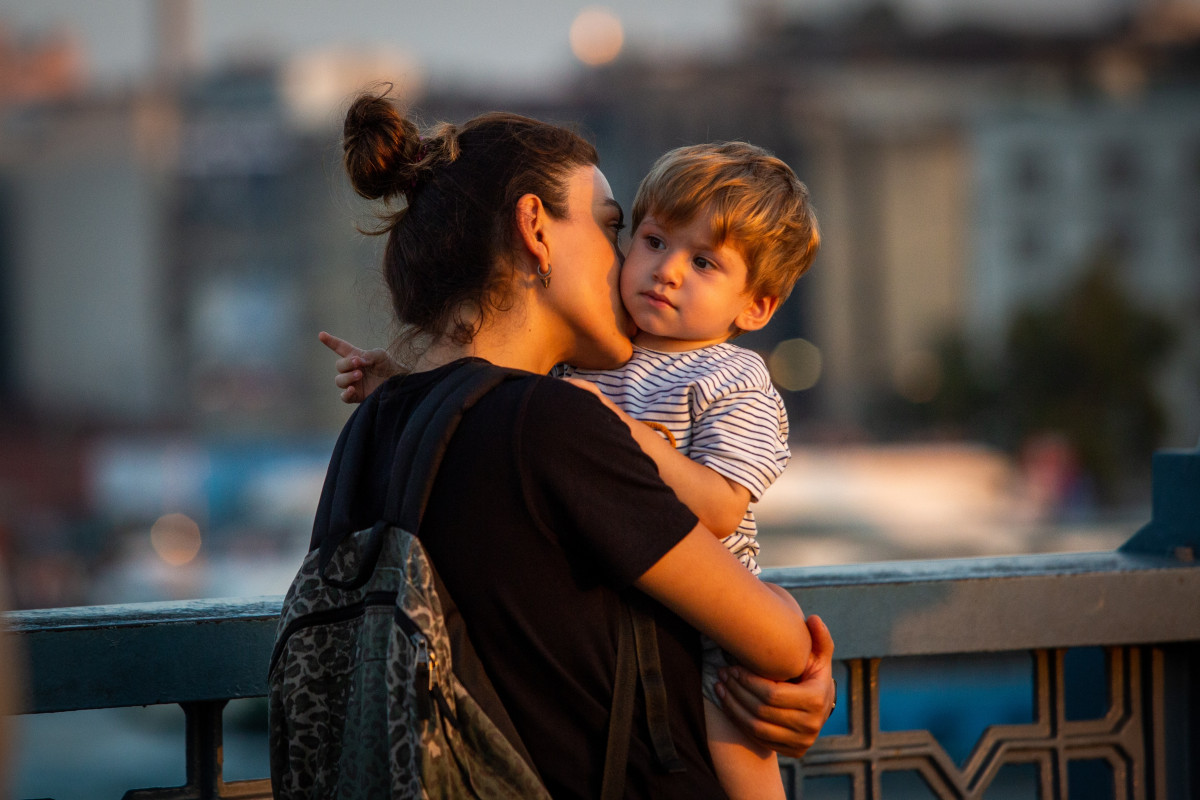
How do you comfort a child with a rare disease?

Psychologically speaking, the relief from a chronic pain is more than necessary in order to help the patient carry on with this very difficult condition. In regards with a child with a rare disease, it is also important to reassure that he/she can speak freely about his/her emotions, feelings, thoughts about this experience.
First of all, we need to be emotionally open and listen. Often, adults cannot handle the child’s emotional pain. It hurts too much, therefore we often avoid letting the children express themselves, because we are not able to handle it. But we need to learn to listen to them and give them the opportunity to talk, communicate and share the “difficult” emotions. When sharing those emotions, he/she will automatically feel better and be significantly relieved.
Studies have showed that emotional expression decreases stress and improves mood (Ridder, D. et al, 2008). It also improves physical functioning and fewer symptoms are reported. A child communicates in a very different way than an adult, so this emotional expression may come through playing, drawing, singing and creating. It is also important that the child is provided with psychological support from a psychologist or psychotherapist, specialized in working with children, because that way they can interpret correctly the signals the child sends and this can help the parents understand the situation.
Furthermore, a new approach called mindfulness, appears to be very helpful in the relief of a stressful condition, such as a chronic disease. Mindfulness may reduce stress and suffering from physical and psychosomatic disorders (Grossman et al., 2004). Mindfulness is defined as paying attention in the present moment and engages with one’s body condition or feelings or thoughts, without criticizing anything of that. The child just stays with the awareness of the physical and emotional condition and learns to accept what it is really happening.
Comforting a child is crucial to find the right ways that can be useful to alleviate his/her suffering and pain. Children may help us, once they are asked, and guide us to these ways. We just need to listen to them carefully, with openness and empathy.
